College professors don’t always get it right. They preached the virtues of collective economies as the Soviet Union imploded and China embraced markets. They loved Freud long after working psychiatrists moved past him. Today most refuse to consider evidence of design in living creatures, but new findings from mainstream science point in the same direction. Could we be on the verge of a paradigm shift to God?
Unthinkable, you say? Before you close your mind, consider the evidence. I was an atheist when I was an undergraduate at MIT, and during graduate school in theoretical mathematics. I have spent 30 years reconciling science and God. Let’s look objectively at three relatively new findings.
The first finding is a stunning negative, an inability to come up with an atheist explanation for the origin of life. Harvard’s 2007 “Origin of Life Initiative” is a good example. Their 2009 conference only served to emphasize that we don’t have a clue how life began. There is no chance-based explanation for the origin of life, for the appearance, perhaps 3.5 billion years ago, of complex molecules with millions of DNA subunits and ultra-sophisticated machines to copy and repair DNA and use its information to build proteins. All life works on this same operating system. Chance can’t explain the simultaneous appearance of DNA coding and this molecular machinery, particularly when you realize it’s a chicken and egg problem. To get life, you need to begin with both the exact code for the proteins and those same proteins – machine parts – to read the code and build themselves and other proteins. Yale Professor Harold Morowitz estimated decades ago that the odds of life arising by chance in the history of the universe are about one in a number with one hundred billion zeros. Darwin’s theory of unguided evolution (random mutations and natural selection) doesn’t apply; natural selection only works after you have a system for storing and passing on traits. Where did the information and technology to create life come from?
The second finding comes from 450 scientists worldwide working on the ENCODE project to map the human genome. In September 2012 they announced that most and likely all of our 3.2 billion “letters” of DNA is functional. Despite attacks by Darwinists, ENCODE issued a paper this year holding their ground. As one die-hard Darwinist admits, “if ENCODE is true, then Evolution is wrong,” using “Evolution” here to refer to Darwinian theory. ENCODE announced in December 2012 that human DNA has two layers of information. How could 3.2 billion letters of all or mostly functional code with two layers of information arise by chance? Some Darwinists would now like to believe that extra DNA confers a major evolutionary disadvantage, but there is no known disadvantage to excess DNA. Some species have a lot. The marbled lungfish has 132 billion “letters” of DNA; a Japanese flower has 152 billion.
The third finding is that all species contain genes with no analogue in any other species. They are called “orphan genes,” because it was once believed we would find their ancestors. We know today their ancestors never existed. Orphan genes play a key role in making a species unique, such as creating toxins in jellyfish and preventing freezing in polar cod. A 2009 paper reported that “Comparative genome analyses indicate that every taxonomic group so far studied contains 10-20% of genes that lack recognizable homologs [similar counterparts] in other species.” Leaf-cutter ants have 9,361 genes that are unique; they create the largest and most complex societies of all animals, surpassed only by human beings.
Each of these findings is evidence of information in the universe. In all of human history, and in all of science, we have found only one thing that can create meaningful information. That is intelligence. I gave a lecture at MIT earlier this year, and asked the roomful of scientists if there was there was any other known source of information. The room became silent.
This argument from probability is a paradigm buster. Take the atheist/Darwinist claim that there is nothing special about human beings. In 2011 scientists identified 198 orphan genes in humans, chimpanzees, and orangutans that code for proteins used in the brain. Fifty-four of these genes are solely human. The odds of getting by chance DNA code to perform a specified function are vanishing small; one paper estimates that likelihood as one part in a number with 77 zeros. How many proto-human candidates do you think there could possibly have been – maybe a number with nine or ten digits at most? The odds that any of those proto-humans ever had a mutation creating one of these orphan brain genes is less than picking a specified marble out of almost unimaginably big pile, a pile of marbles 100 light years in diameter, extending far beyond our Solar System to include many nearby stars.
As the experimental evidence points to God, the academic rhetoric gets louder. A recent piece in the Sunday Review came from a biology professor who gives his students an anti-God “Talk” each year. He admits living things are “wonderfully complex,” but states that this is consistent with random variations plus natural selection, unguided evolution. That may be Darwinian dogma, but it’s mathematical nonsense. Orphan genes can’t be explained by chance; they’re not derived from any prior genes. 3.2 billion “letters” of all or mostly functional DNA code can’t be explained by chance. The origin of life can’t be explained by chance. I’d like to give that professor a course in probability.
There’s other evidence. The fossil record contradicts Darwinian theories of gradual descent; it documents an infusion of information into the universe 540 million years ago as part of life’s Cambrian Explosion. Could we be on the verge of a paradigm shift to God? Will people be open to these new facts of science? God only knows.
Thanks for reading.




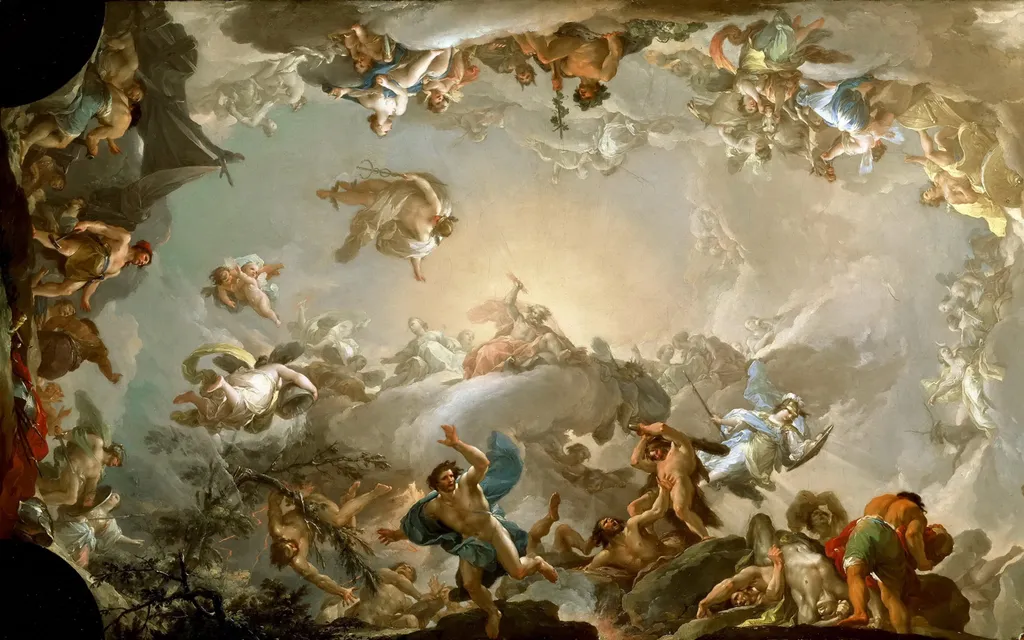
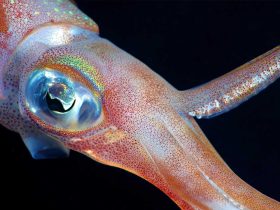
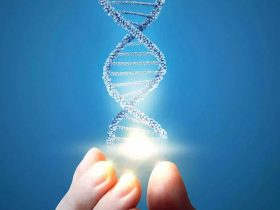







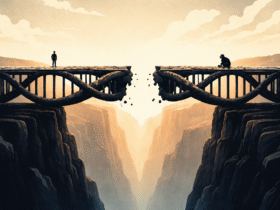
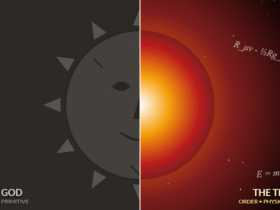

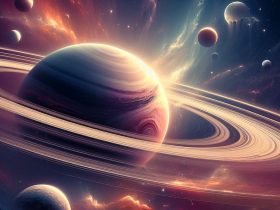
Leave a Reply